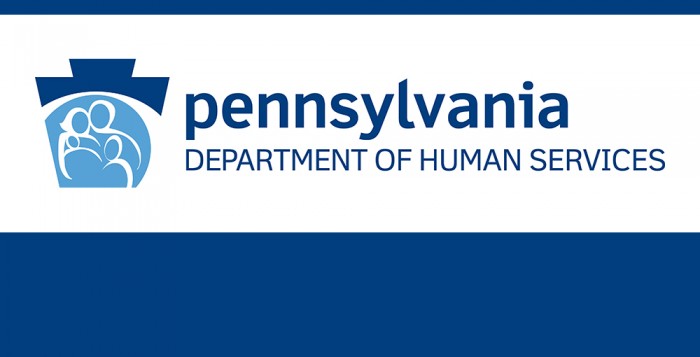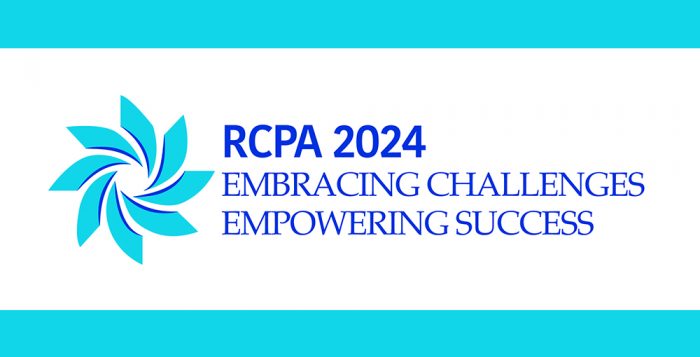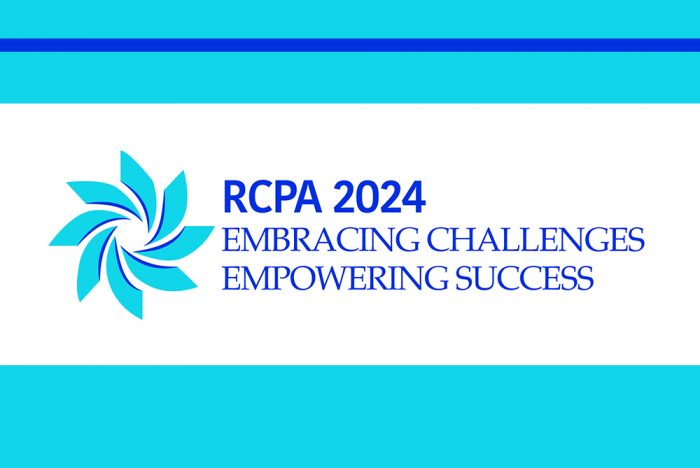RCPA is excited to announce that we will be hosting our fall golf outing to support the RCPA PAC on Monday, September 23, 2024, in conjunction with the Annual Conference. Conference attendees, exhibitors, sponsors, and presenters can now register to participate in the RCPA PAC’s golf outing at the Colonial Golf & Tennis Club at 4901 Linglestown Road, Harrisburg, PA 17112. Registration and lunch will be held from 11:00 am – 12:00 pm, with the shotgun start beginning at 12:00 pm.
Sponsorships are available for this worthwhile cause. We hope you will consider becoming a golf outing sponsor; it is a great way for your organization to receive name recognition as well as an opportunity to support the RCPA fundraiser!
Not a golfer but would still like to support the RCPA PAC? For your convenience, you can now make a personal online contribution, which will provide financial support to state legislators or representatives who have demonstrated a strong, consistent, and positive interest in our legislative priorities. If you are interested in learning more about the RCPA PAC or donating, please visit our website, download the PAC FAQ Card and Donation Card, or email Jack Phillips, Director of Government Affairs.
If you have any questions regarding registration, please contact Christine Tartaglione. We look forward to seeing you on the golf course!



















